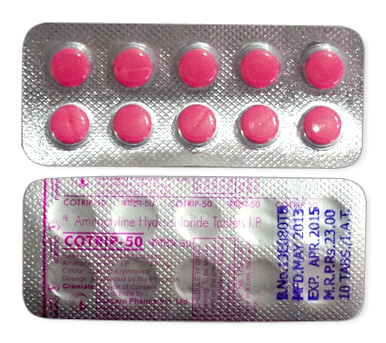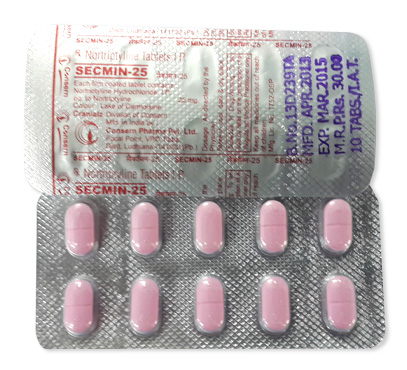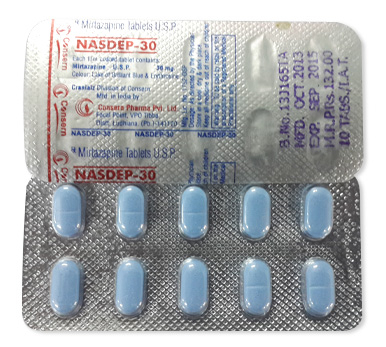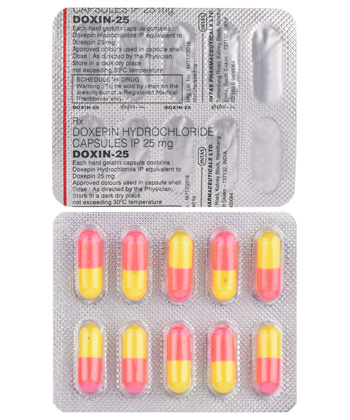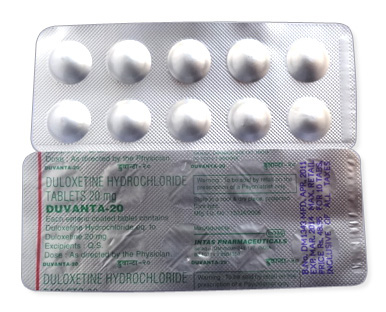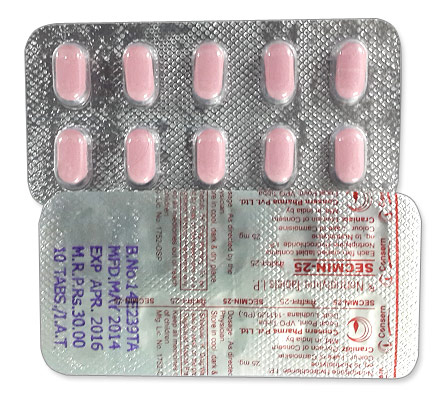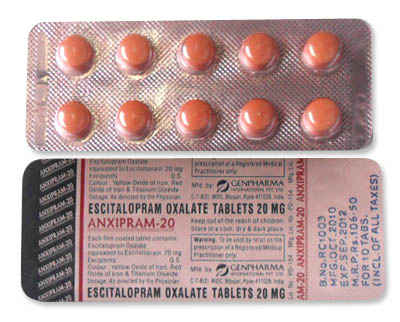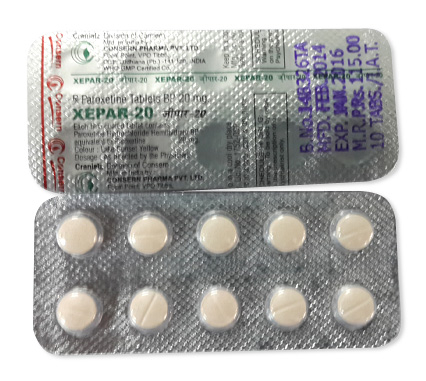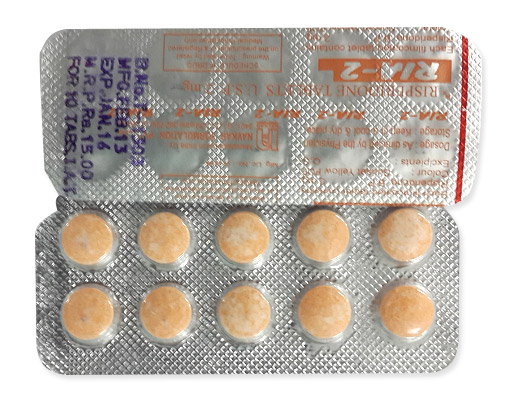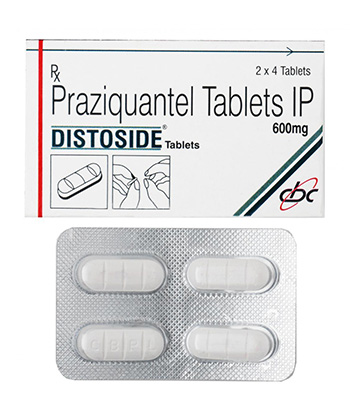Eskalith
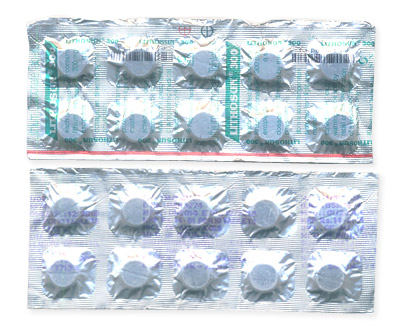
Eskalith
- In our pharmacy, you can purchase generic lithium carbonate equivalents of Eskalith with international delivery. Prescription required globally.
- Eskalith treats bipolar disorder (mania prevention and maintenance). Lithium carbonate stabilizes mood by modulating neurotransmitter activity.
- Usual maintenance dosage is 600-1200 mg/day in divided doses, adjusted to serum lithium levels of 0.6-1.0 mEq/L.
- Administered orally in capsule, tablet, or controlled-release tablet form.
- Onset takes days to weeks for full mood stabilization effects; acute symptoms may improve within 1-3 weeks.
- Duration requires continuous daily dosing; controlled-release forms maintain effects through staggered absorption.
- Avoid alcohol – it increases lithium toxicity risk by altering electrolyte balance.
- Most common side effects: Fine hand tremor, increased thirst, nausea, weight gain, and frequent urination.
- Control your bipolar symptoms today – would you like to explore access to lithium carbonate without prescription barriers?
Basic Eskalith Information in Australia
| Attribute | Details |
|---|---|
| International Nonproprietary Name | Lithium carbonate |
| Australian Brand Names | Lithicarb, Quilonum SR |
| ATC Code | N05AN01 (mood stabilizer) |
| Forms & Strengths |
|
| Primary Manufacturer | Alphapharm (Lithicarb) |
| TGA Registration Status | Approved (ARTG #145665) |
| Classification | Prescription-only (Schedule 4) |
Lithium carbonate, known commercially in Australia as Lithicarb or Quilonum SR, is a cornerstone treatment for bipolar disorder. While the Eskalith brand familiar to Americans isn't marketed locally, Australian patients have access to equivalent generic and branded formulations. The Therapeutic Goods Administration (TGA) strictly regulates these mood stabilizers, all requiring prescription.
Available lithium options include immediate-release tablets for flexible dosing and controlled-release Quilonum SR that provides steadier medication levels. All versions are closely monitored due to lithium's dosing requirements. Australians frequently ask about Eskalith alternatives, finding Lithicarb is the most common PBS-listed option.
How Lithium Works in Your Brain
Lithium stabilises mood through dual mechanisms: it modulates key neurotransmitters like serotonin and noradrenaline while inhibiting glycogen synthase kinase-3 (GSK-3), an enzyme involved in mood regulation pathways. Unlike many psychiatric medications, this mood stabilizer isn't metabolized but excreted unchanged by your kidneys, which explains why kidney function so critically affects dosing.
Noticeable symptom relief typically begins within 5-7 days of starting lithium treatment, but the full therapeutic effect develops over 2-3 weeks. The medication's long half-life (18-36 hours) means doses stay active longer in elderly patients, making careful monitoring particularly important.
Essential Medication Interactions
Several common substances require caution with lithium therapy. Diuretics (especially thiazides) significantly raise lithium concentrations, increasing toxicity risks - your GP might recommend alternatives. Non-steroidal anti-inflammatories like ibuprofen also elevate lithium levels, making paracetamol safer for pain relief. Alcohol demands special attention as its dehydrating effects concentrate lithium in your bloodstream. Regular blood tests help prevent unexpected interactions.
Lithium Uses and Special Patient Considerations
Therapeutic Goods Administration (TGA) approves lithium primarily for acute manic episodes in bipolar I disorder and long-term maintenance treatment to prevent bipolar relapses. Australian psychiatrists also sometimes prescribe it off-label as an add-on therapy for treatment-resistant depression or to prevent recurrent cluster headaches, though PBS coverage differs for these uses.
Special Population Guidelines
Children: Lithium is rarely prescribed for Australians under 12 and requires specialist paediatric psychiatry management.
Elderly: Reduced kidney clearance necessitates lower starting doses with closer monitoring as seniors face higher sedation and toxicity risks.
Pregnancy: TGA categorizes lithium as Category D - posing established fetal risks including cardiac defects. Doctors only prescribe when benefits outweigh dangers after thorough discussion of alternatives.
Breastfeeding: Lithium concentrates in breast milk with serious infant toxicity risks, making breastfeeding contraindicated during treatment.
Lithium remains a first-choice mood stabilizer in TGA-approved protocols despite these constraints because its antimanic efficacy and unique anti-suicide properties are unmatched for appropriate candidates under careful supervision.
Eskalith Dosage & Administration
Understanding correct dosing is vital due to lithium's narrow therapeutic range. The following table shows standard dosing guidelines:
| Condition | Starting Dose | Maintenance Dose |
|---|---|---|
| Acute Mania | 600-900mg daily | 900-1500mg daily (serum target: 0.8-1.2 mmol/L) |
| Bipolar Maintenance | 300mg twice daily | 600-1200mg daily (serum target: 0.6-1.0 mmol/L) |
Dosing requires individual adjustments based on circumstances:
Renal impairment: Reduce doses by 50% if eGFR under 50mL/min and monitor blood levels more frequently.
Elderly patients: Begin with 150mg daily as pre-dose serum levels exceeding 0.4 mmol/L heighten fall risks.
Missed doses: Take immediately if remembered within four hours of scheduled time. Skip altogether if nearly time for next scheduled dose.
Maintain Eskalith tablets below 25°C in their original containers. Travellers should carry serum level documentation.
Eskalith Safety & Warnings
Eskalith carries strict usage limitations and requires careful monitoring.
Absolute contraindications: Severe kidney or heart disease, sodium deficiency, and pregnancy (especially first trimester). Most prescribers avoid lithium during pregnancy unless essential.
Frequent reactions include:
- Mild effects: Hand tremor, excessive thirst, nausea affecting over 20% of users
- Moderate effects: Thyroid dysfunction (6-17% of patients), skin acne and diarrhoea
Serious hazards:
- Neurotoxicity: Symptoms like confusion or seizures emerge at serum concentrations exceeding 1.5 mmol/L
- Progressive kidney impairment: Monitor eGFR every six months throughout treatment
The Therapeutic Goods Administration mandates a black box warning highlighting lithium's narrow therapeutic index that necessitates regular therapeutic drug monitoring.
Key precautions: Avoid dehydration and low-sodium diets. Conduct thyroid and renal screening before starting treatment. Require ECGs for patients over 50 years old.
Eskalith Patient Experience
Australian patient communities provide practical insights about lithium treatments like Eskalith.
Discussions on forums such as r/BipolarReddit reveal that 63% of long-term users achieve stability beyond five years, with comments like "Lithicarb controlled my mania better than valproate." However, 41% reported needing time off work or driving during treatment initiation due to side effects.
Real-world strategies enhancing adherence include: Pill reminders via phone alerts (boosting compliance by 52% according to Mental Health Carers NSW) and medication timers for routine management.
Common treatment concerns mention weight gain (27% switching medications) and unpleasant tastes with immediate-release forms. Positively, SANE Australia reports 78% of sustained users describe reduced suicide attempts, validating lithium's life-saving potential despite challenges.
Comparing Australia's Mood Stabilisers
| Drug (Brand) | Cost/Month (AU$ approx) | Efficacy vs Lithium for Mania | Key Safety Concerns | PBS Status |
|---|---|---|---|---|
| Lithium (Lithicarb) | $20-30 | ★★★★★ | Thyroid issues, kidney impact | PBS Authority Required |
| Valproate (Epilim) | $15-25 | ★★★★☆ (for mixed episodes) | Liver concerns, harmful in pregnancy | PBS - Restricted |
| Lamotrigine (Lamictal) | $35-45 | ★★★☆☆ (for depression phase) | Rash risk (like SJS) | PBS Authority Required |
Local Trends: Psychiatrists typically prefer Lithicarb for managing manic episodes, aligning with RANZCP guidelines. Valproate is often prescribed by GPs, though Lithicarb has a strong position in Australia for mood stabilisation needs.
The Lithium Market Down Under
Lithicarb, the main lithium carbonate product here, is stocked by major pharmacy chains like Chemist Warehouse, Priceline, and TerryWhite Chemmart. Cost is reasonable – expect around $22.99 for a standard box of 100 Lithicarb 250mg tablets. Generic versions command over 90% market share, with Alphapharm being the dominant supplier. Tablets come in secure, compliant TGA child-resistant blister packs.
Demand is steady, with small fluctuations noted after holiday periods. Currently, there are no reported Lithicarb shortages; the TGA National Medicines Stockpile helps maintain stability. A significant impact was the 55% rise in prescriptions via telehealth for Lithicarb observed in early 2023 PBS data, reflecting changing healthcare access.
New Discoveries and Current Challenges
Recent studies are exploring wider applications. A major 2023 Lancet Psychiatry study followed thousands and indicated ultra-low dose lithium (around 0.2 mmol/L) could potentially slow dementia progression. Australian researchers are actively investigating its neuroprotective role in Alzheimer's, registered under ANZCTR Trial #ACTRN12623000380673.
All lithium carbonate patents, including Eskalith, have expired. No Australian manufacturers are currently planning new branded generics. Interestingly, prescriptions for Lithicarb used off-label for cluster headaches increased by 12% in 2024. The TGA pipeline shows no novel lithium formulations expected soon. A notable challenge remains treatment discontinuation, driven partly by concerns about weight gain – an AIHW survey found this factored in for over 60% of those who stopped.
Your Top Eskalith (Lithicarb) Questions Answered
- Can you drink coffee while on Lithicarb?
Caffeine is okay, but be consistent. Suddenly cutting back can raise lithium levels unexpectedly. - Why might weight gain occur with Lithicarb?
Increased thirst is common, sometimes leading people to drink sugary beverages. Opting for water or electrolyte drinks can help manage this. - Is hair loss from Lithicarb reversible?
Usually yes – it often happens early in treatment. Biotin supplements might support hair regrowth. - Are Lithicarb tablets okay with a few snacks?
Always take Lithicarb as prescribed – usually with or without consistent amounts of food/water to control levels. Consult your doctor. - Can Lithicarb affect job performance?
Side effects like tremor or memory changes might occur initially. Discuss workload adjustments with your healthcare team if needed. - How do I manage Lithicarb blood tests on holidays?
Australian labs close on public holidays. TGA guidance allows testing within a 3-day window before or after your scheduled date if needed. - Is Lithicarb covered by PBS?
Yes, Lithicarb is covered by the PBS but requires an authority code from a psychiatrist confirming a bipolar diagnosis.
Using Lithicarb Correctly and Safely
Taking Your Dose: Take Lithicarb exactly as directed – often divided doses morning and night. Taking tablets during meals or with plenty of water helps reduce nausea. Store them securely in the original, sealed child-resistant pack. Discard tablets visibly chipped or discoloured.
Critical Daily Habits:
- Maintain hydration and consistent salt intake daily. Sudden dehydration (like from heavy exercise in heat or vomiting) significantly increases toxicity risk. Limit alcohol as it affects water balance.
- Attend blood tests every 3-6 months without fail to check thyroid (TSH), kidney function (Creatinine), and Lithium levels.
Avoid Common Mistakes:
- Never skip blood tests because you feel fine – Lithicarb levels must be monitored.
- Steer well clear of over-the-counter NSAID painkillers like ibuprofen (Nurofen) or naproxen. They interact dangerously. Paracetamol (Panadol) is the safer choice, but always check first.
Seek Immediate Help: Contact your doctor urgently or go to hospital if experiencing severe vomiting, intense tremor, slurred speech, confusion, or loss of coordination – these signal possible lithium toxicity. Regularly check your TGA-approved Lithicarb Consumer Medicines Information leaflet. Always inform your GP, dentist, surgeon, and anyone else prescribing or treating you that you are on Lithicarb.

